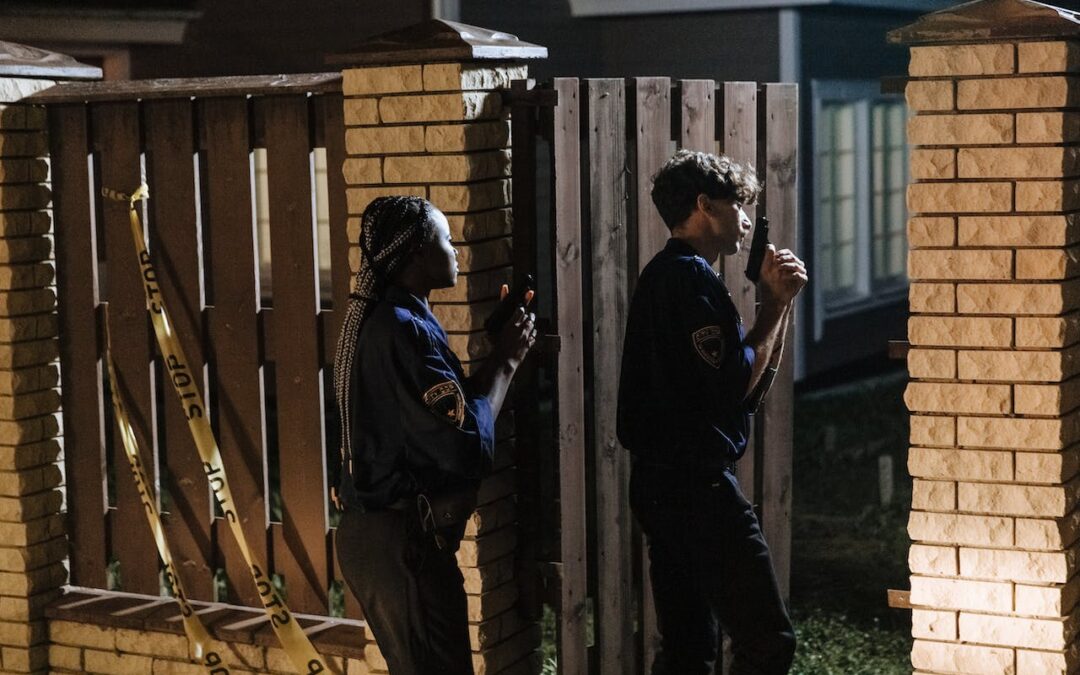As long as there have been cops watching the streets and detectives snooping for clues, there have been questions around just how much freedom we give up at the mercy of law enforcement scrutiny.
We’ve all seen the movies and shows where officers burst into a home or stop someone on the street, but when does their authority end and our rights kick in?
From traffic stops to knocks on the door in the middle of the night, the line between security and privacy has long been a blurry one.
As citizens of the United States, we’re guaranteed a set of civil liberties that protect us from unreasonable searches and seizures initiated by law enforcement.
These are our Fourth Amendment rights, and they’re crucial to understanding the balance between public safety and individual rights.
Let’s take a closer look at our rights under the Fourth Amendment.
What Is The Fourth Amendment?
The Fourth Amendment states that “the right of the people to be secure in their persons, houses, papers, and effects, against unreasonable searches and seizures, shall not be violated, and no Warrants shall issue but upon probable cause, supported by Oath or affirmation, and particularly describing the place to be searched, and the persons or things to be seized.” https://constitution.congress.gov/constitution/amendment-4
What does that mean?
It means that law enforcement must obtain a warrant, signed by a judge, in order to conduct a search of your person, your home, your property, or your belongings.
Why?
For several reasons actually:
- Protection from Unreasonable Searches and Seizures: Under the US Constitution all individuals have the right to be secure in their persons, houses, papers, and effects without the intrusion of the government. This protection extends to various aspects of personal privacy and property.
- Warrants and Probable Cause: For a search or seizure to be considered lawful under the Fourth Amendment, it typically requires a warrant issued by a judge or magistrate.
Keep in mind, to obtain a warrant, law enforcement officers must demonstrate to the judge or magistrate that there’s probable cause to believe that a crime has been or is being committed and that evidence of the crime is likely to be found in the place to be searched or the person to be seized.
The warrant must specify the place to be searched and the items or persons to be seized to prevent arbitrary invasion of privacy by the government.
But with all things in life, there are some exceptions to this rule.
For example, if law enforcement has probable cause to believe that a crime is being committed or that evidence is in danger of being destroyed, they may conduct a warrantless search.
It’s equally important to know your rights and speak up for them, so you don’t have to take someone else’s word for it.
If you believe that your Fourth Amendment rights were violated during a search, contact an attorney immediately.
Need assistance? Contact our office today, we’re here to help!

